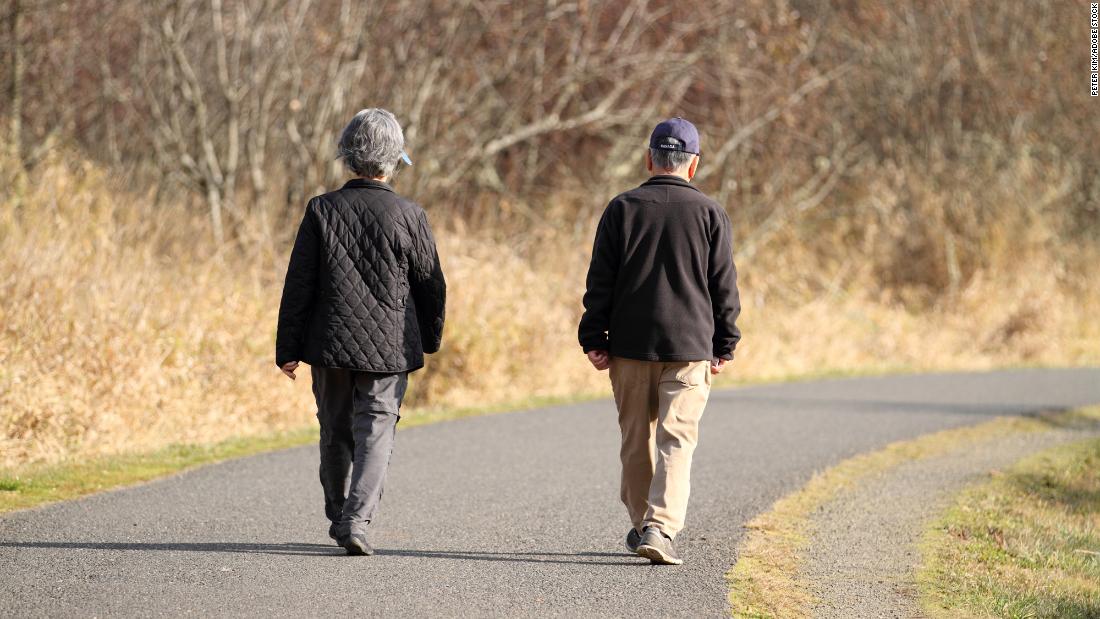
Jan 10, 2022
2 mins, 20 secs
A new study finds exercise boosts levels of a protein known to strengthen communication between brain cells via synapses, which may be a key factor in keeping dementia at bay.The protective effect was even found in active older people whose brains showed signs of plaques, tangles and other hallmarks of Alzheimer's and other cognitive diseases."Synapses are the critical communicating junctions between nerve cells and are really where the magic happens when it comes to cognition," said study author Kaitlin Casaletto, an assistant professor of neurology in the Memory and Aging Center at the University of California San Francisco, in an email."All of our thinking and memory occurs as a result of these synaptic communications," she added.Prior studies have shown that physical activity can reduce risk of dementia by 30% to 80%, "yet we do not understand how this happens at a biological level in humans," Casaletto explained."We have described, for the first time in humans, that synaptic functioning may be a pathway through which physical activity promotes brain health," she said, adding that the study could only show an association, not necessarily cause and effect.Still, Casaletto added, "I think these findings begin to support the dynamic nature of the brain in response to our activities, and the capacity of the elderly brain to mount healthy responses to activity even into the oldest ages."Protein regulation is keyA well-functioning brain keeps electrical signals moving smoothly through synapses from neuron to neuron and to other cells in the body.
higher levels of these same synaptic proteins in brain tissue associate with better cognitive performance, independent of plaques and tangles," she wrote.
"These data reinforce the importance of incorporating regular physical activity into our everyday lives -- no matter how young or old we are," said Heather Snyder, vice president of medical and scientific relations for the Alzheimer's Association, which partially funded the study."It's important to find an exercise you enjoy so it can be sustainable in your routine.Try to build up to a moderate-to-brisk pace.
"Start by walking just five to 10 minutes daily over the first few days while you figure out the best time and place for your walks," Santas said.Ideally, you want to get up to about 20 to 30 minutes per day."
If you want to add weight training, she said, you can follow along with this video.Equally important to adding movement to your life, Santas advises, is to make it a habit."Take steps to make it sustainable so it becomes a part of your lifestyle that you enjoy and take pride in rather than viewing it negatively, like a chore," Santas said.She suggests "habit-stacking," or doing a simple exercise before, after or during a normal daily task, such as making your bed, showering and brushing your teeth.